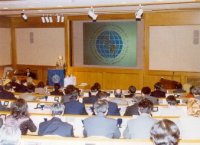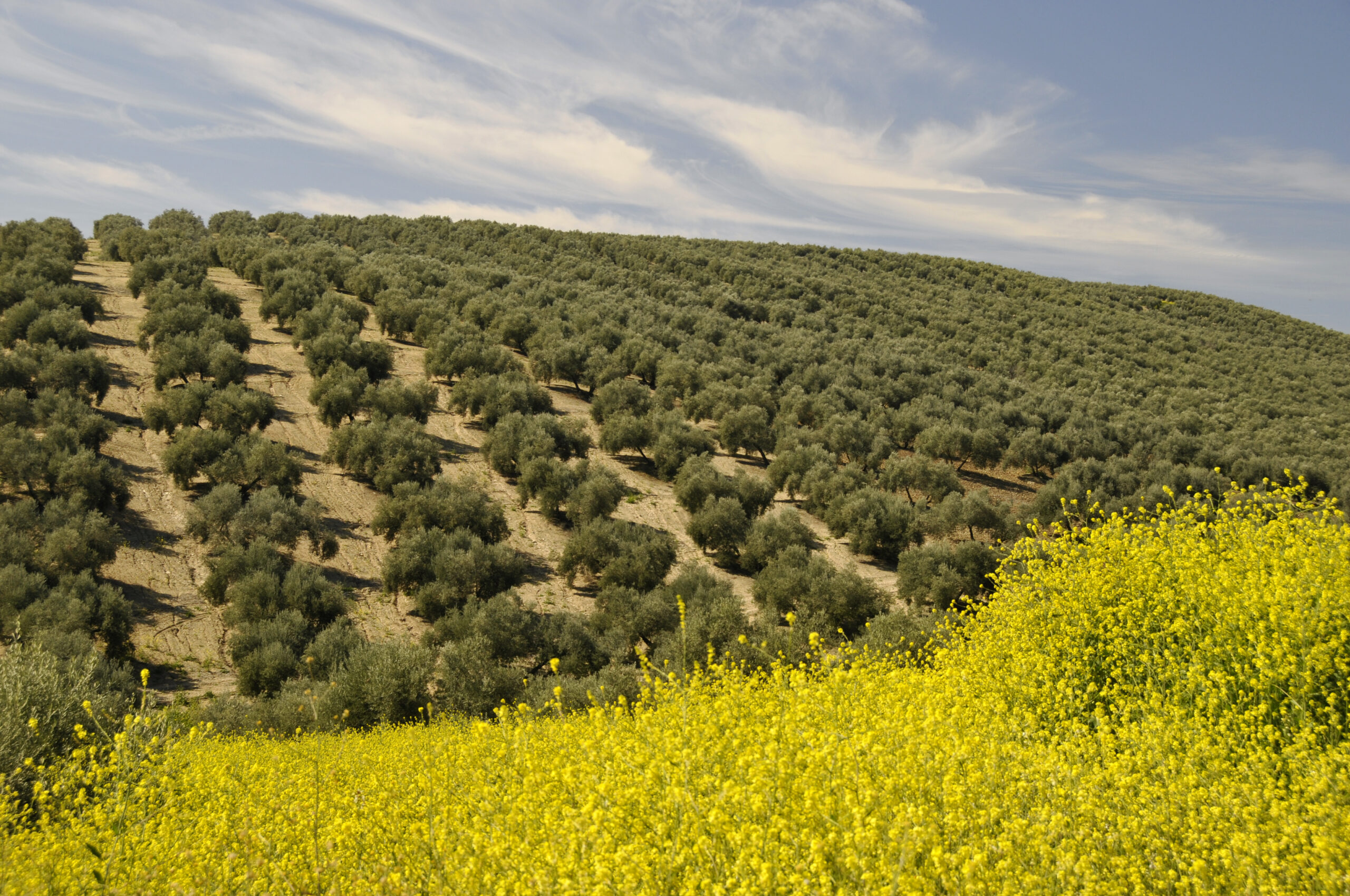The Council of Members of the International Olive Council (IOC) held its 101st session at IOC headquarters between 25 and 29 November 2013 with Tunisia in the chair and Turkey in the vice chair. The IOC is the intergovernmental organisation mandated to administer the International Agreement on Olive Oil and Table Olives.
The four specialist IOC committees (Economic, Technical, Promotion and Financial) met through 27 and 28 November.
When discussing economic issues, the Council of Members adopted a series of documents, known as balances, containing statistics on olive oils and table olives*:
• Final world balances for the 2011/12 crop year
• Provisional world balances for 2012/13
• Estimated world balances for 2013/14
These are compiled by the IOC Executive Secretariat on the basis of data which are supplied by the member countries and approved by the Economic Committee.
The Council of Members was informed about the economic activities carried out by the Executive Secretariat, with the focus on the discussions of the working groups on production costs, statistics and the harmonised system of tariff nomenclature.
In the promotional area, the Council of Members heard about the successful outcome of the campaign to promote consumption of olives and olive oil in the United States and Canada, which finished at the end of 2012, and the progress in the promotion campaign launched this year in Brazil. It was also informed about the grants awarded for national promotional activities organised by the member countries. The next call for grant proposals will be published this December and will invite applications up to mid February 2014.
Standardisation was another subject area discussed by the Council of Members, which provisionally adopted a method for the determination of diacylglycerols and triacylglycerols besides adopting revisions of the global method for the detection of extraneous oils in olive oils, the method for the determination of the composition and content of sterols and triterpene dialcohols by capillary column gas chromatography and the method for the organoleptic assessment of virgin olive oils (change concerning the spreadsheet used). It also adopted revised certificates for the recognition of chemical and sensory olive oil testing laboratories (a non-conflict of interest form is now attached) and the lists of laboratories and panels awarded IOC recognition for the period running from 1 December 2013 to 30 November 2014. It was reminded about the rules of the Mario Solinas Quality Award 2014 and took note of a draft procedure for the proposal of methods of analysis and the revision of standards as of 2014.
During discussions on training activities Members commented on the large increase in the number of scholarships awarded for the university specialisation course for tasting panel leaders and the progress of the five students awarded scholarships for their PhD. The Council of Members was also informed about the olive oil marketing course co-organised by the IOC and the Institute of Agronomic Mediterranean Studies of Zaragoza (IAM) at the beginning of November.
In the R &D and environmental areas, Members noted the ongoing activities of the IRRIGAOLIVO project, a research and training programme for sustainable water management in olive growing, and the work undertaken by Albania, Argentina, Montenegro and Turkey as part of the RESGEN genetic resources project. They heard about the recent kick-off in Tunisia of the project to create pilot olive nurseries to provide demonstrations and training aimed at improving the application of olive propagation techniques in Algeria, Egypt, Morocco and Tunisia. Activities at the Izmir World Olive Collection in Turkey were also discussed.
Lastly, the Council gave the Executive Secretariat the go-ahead to draw up carbon footprint recommendations for approval at its next regular session.
A reception celebrating World Olive Day was held on Thursday 28 November for session participants, members of the press and the diplomatic corps. Guests included Spain’s Minister for Agriculture and the Environment, Miguel Arias Cañete, the Secretary General for Agriculture and Food, Isabel García Tejerina, and the Director General for the Food Industry, Fernando Burgaz.
On the last day of the session the Council of Members met in plenary to examine and adopt the proposals and recommendations that had emerged from the committee meetings. It confirmed that Turkey would take on the IOC chair on 1 May 2014 and that the vice chair would fall to the European Union.
The Executive Secretariat of the International Olive Council,
Madrid, 2 December 2013









